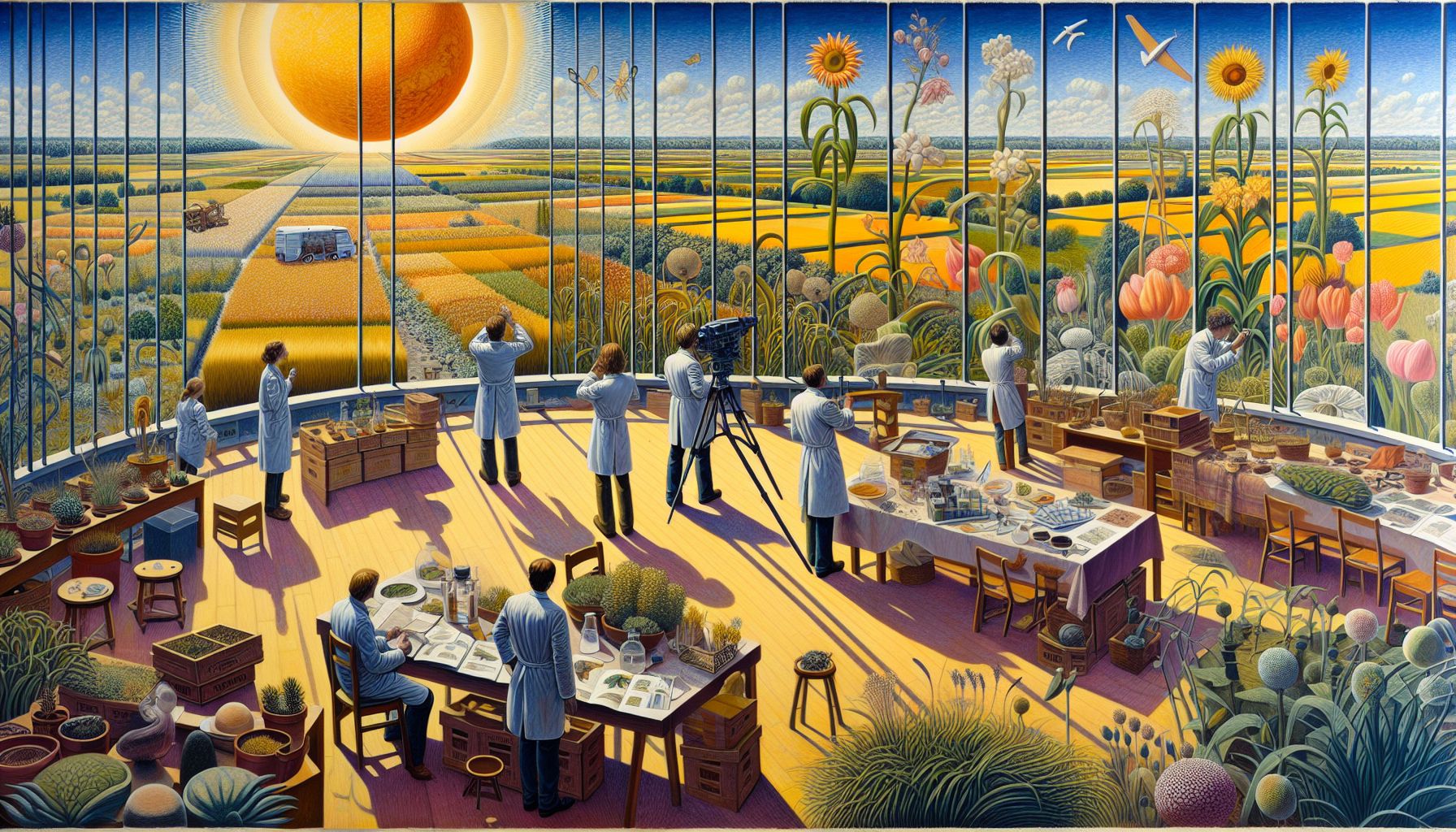Research on Southern Plant Species in the Netherlands by TU Delft and TNO

TU Delft and TNO study how southern plant species adapt and impact biodiversity in the Dutch climate amid changing weather patterns.
The Study and Its Goals
The primary objective of this research is to understand how southern plant species, which are typically found in warmer climates, can adapt to the Dutch environment. With the climate in the Netherlands becoming increasingly unpredictable, this study aims to see how these plants can thrive and contribute to local biodiversity. Nico Tillie, head of the Urban Ecology Design at TU Delft, emphasizes the importance of this research, noting the changing conditions and the need to evaluate the relationship between these southern species and the existing ecosystem, including insects, birds, and soil life[1].
The Role of the Stadsklimaatbos
One of the key components of this study is the Stadsklimaatbos, a new urban forest being developed on the forecourt of the Faculty of Architecture at TU Delft. This space includes a unique feature known as a wadi, a type of dry riverbed that can fill with water during heavy rains. Rosa de Wolf, a Ph.D. candidate at TU Delft, explains that the wadi is crucial for studying how plant species respond to fluctuating water availability, a common occurrence in the changing Dutch climate[1].
Integration with Existing Biodiversity Initiatives
This research is part of a broader effort to enhance urban biodiversity. The Stadsklimaatbos project aligns with other green innovations aimed at combating climate change and pollution. For example, the Nature Conservancy and Eurelectric have jointly launched the Power Plant 2.0 guidebook, which provides a framework for integrating biodiversity into renewable energy projects. This initiative underscores the urgency of incorporating biodiversity into all aspects of environmental planning to meet the EU’s decarbonization targets[2].
The Role of the Restored Farmhouse
In addition to the urban forest, the project includes a restored farmhouse on Rotterdamse Weg, which is over 400 years old. This site, acquired and refurbished by TU Delft, represents a significant opportunity for community engagement and further biodiversity research. René Hoonhout, the green manager and team leader at TU Delft, sees immense potential in utilizing this historic site to benefit the entire TU Delft community, though specific plans are still under development[1].
Implications for Future Research
The outcomes of this study could have far-reaching implications for biodiversity management and climate resilience. Insights gained from how southern plant species interact with the Dutch climate and local ecosystems could inform future urban planning and conservation strategies. This research is part of a global effort to understand and mitigate the impacts of climate change on biodiversity, as highlighted by recent studies on biodiversity and environmental resilience published in Nature Communications. These studies emphasize the importance of preserving large forest biomes and regenerating degraded forests to enhance climate resilience[3].
Conclusion
The collaborative efforts of TU Delft and TNO in researching the adaptability and impact of southern plant species in the Netherlands are a testament to the innovative approaches needed to combat climate change. By integrating these studies into broader biodiversity and conservation initiatives, the research not only aims to enhance urban biodiversity but also sets a precedent for future climate resilience strategies globally.

